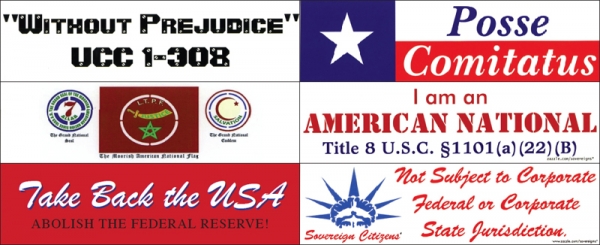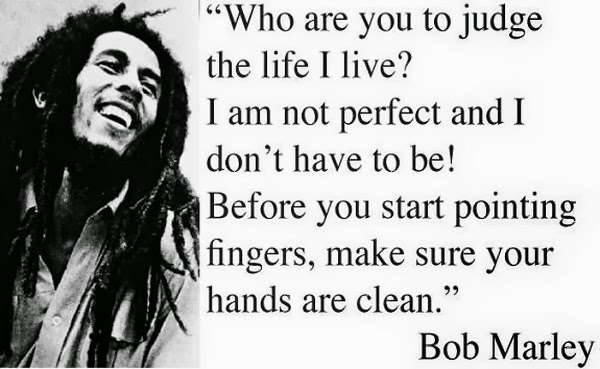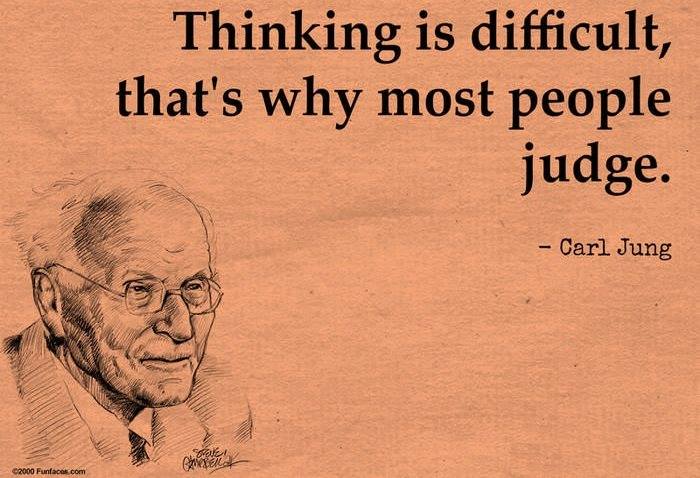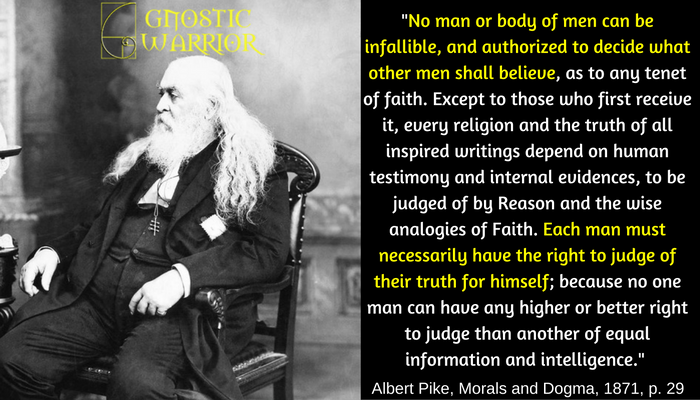p. 126
THE lesson which this Degree inculcates is JUSTICE, in decision and judgment, and in our intercourse and dealing with other men.
In a country where trial by jury is known, every intelligent man is liable to be called on to act as a judge, either of fact alone, or of fact and law mingled; and to assume the heavy responsibilities which belong to that character.
Those who are invested with the power of judgment should judge the causes of all persons uprightly and impartially, without any personal consideration of the power of the mighty, or the bribe of the rich, or the needs of the poor. That is the cardinal rule, which no one will dispute; though many fail to observe it. But they must do more. They must divest themselves of prejudice and preconception. They must hear patiently, remember accurately, and weigh carefully the facts and the arguments offered before them. They must not leap hastily to conclusions, nor form opinions before they have heard all. They must not presume crime or fraud. They must neither be ruled by stubborn pride of opinion, nor be too facile and yielding to the views and arguments of others. In deducing the motive from the proven act, they must not assign to the act either the best or the worst motives, but those which they would think it just and fair for the world to assign to it, if they themselves had done if; nor must they endeavor to make many little circumstances, that weigh nothing separately, weigh much together, to prove their own acuteness and sagacity. These are sound rules for every juror, also, to observe.
p. 127
In our intercourse with others, there are two kinds of injustice: the first, of those who offer an injury; the second, of those who have it in their power to avert an injury from those to whom it is offered, and yet do it not. So active injustice may be done in two ways–by force and by fraud,–of which force is lion-like, and fraud fox-like,–both utterly repugnant to social duty, but fraud the more detestable.
Every wrong done by one man to another, whether it affect his person, his property, his happiness, or his reputation, is an offense against the law of justice. The field of this Degree is therefore a wide and vast one; and Masonry seeks for the most impressive mode of enforcing the law of justice, and the most effectual means of preventing wrong and injustice.
To this end it teaches this great and momentous truth: that wrong and injustice once done cannot be undone; but are eternal in their consequences; once committed, are numbered with the irrevocable Past; that the wrong that is done contains its own retributive penalty as surely and as naturally as the acorn contains the oak. Its consequences are its punishment; it needs no other, and can have no heavier; they are involved in its commission, and cannot be separated from it. A wrong done to another is an injury done to our own Nature, an offence against our own souls, a disfiguring of the image of the Beautiful and Good. Punishment is not the execution of a sentence, but the occurrence of an effect. It is ordained to follow guilt, not by the decree of God as a judge, but by a law enacted by Him as the Creator and Legislator of the Universe. It is not an arbitrary and artificial annexation, but an ordinary and logical consequence; and therefore must be borne by the wrong-doer, and through him may flow on to others. It is the decision of the infinite justice of God, in the form of law.
There can be no interference with, or remittance of, or protection from, the natural effects of our wrongful acts. God will not interpose between the cause and its consequence; and in that sense there can be no forgiveness of sins. The act which has debased our soul may be repented of, may be turned from; but the injury is done. The debasement may be redeemed by after-efforts, the stain obliterated by bitterer struggles and severer sufferings; but the efforts and the endurance which might have raised the soul to the loftiest heights are now exhausted in merely regaining what

Moe is the founder of GnosticWarrior.com. He is a father, husband, author, martial arts black belt, and an expert in Gnosticism, the occult, and esotericism.






![How the South Saxons received Eadbert and Eolla, and the West Saxons, Daniel and Aldhelm, for their bishops; and of the writings of the same Aldhelm [705 A.D.] | Book 5 | Chapter 17 How the South Saxons received Eadbert and Eolla, and the West Saxons, Daniel and Aldhelm, for their bishops; and of the writings of the same Aldhelm [705 A.D.] | Book 5 | Chapter 17](https://www.gnosticwarrior.com/wp-content/plugins/contextual-related-posts/default.png)